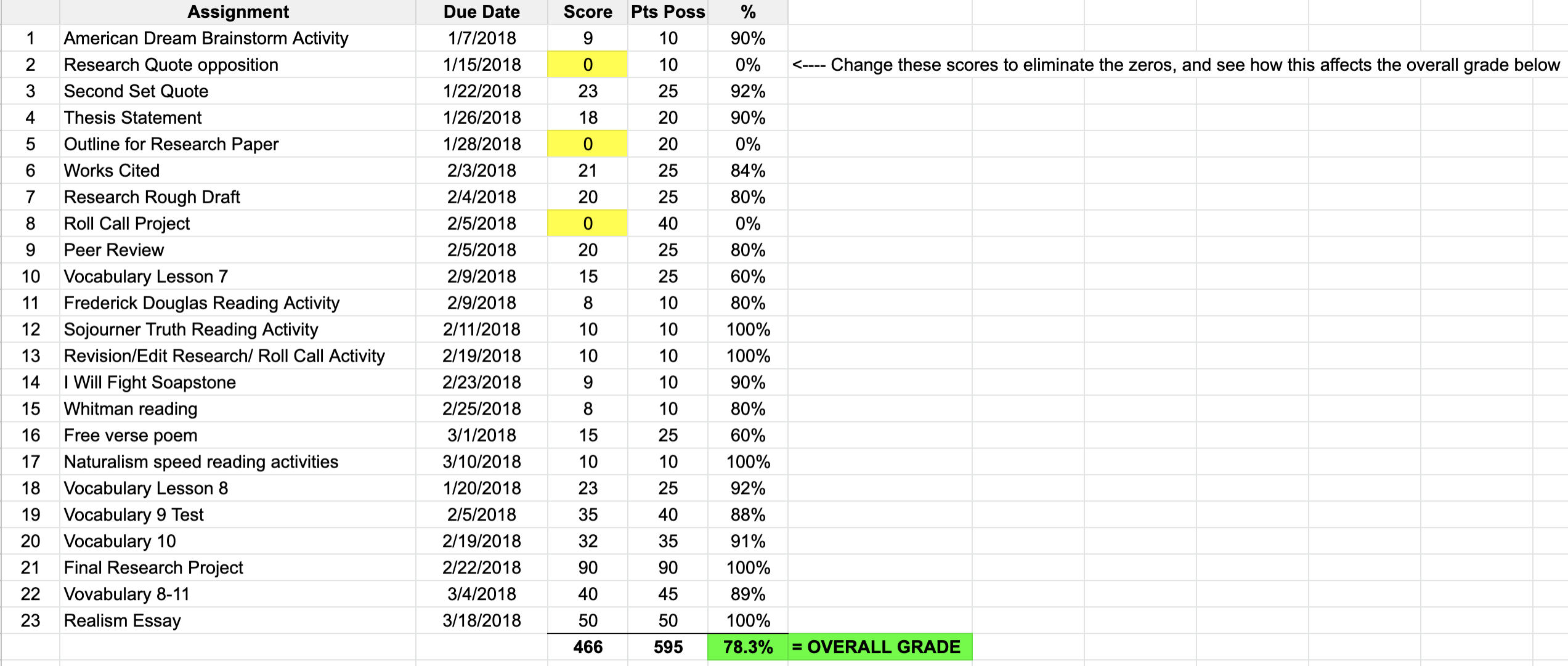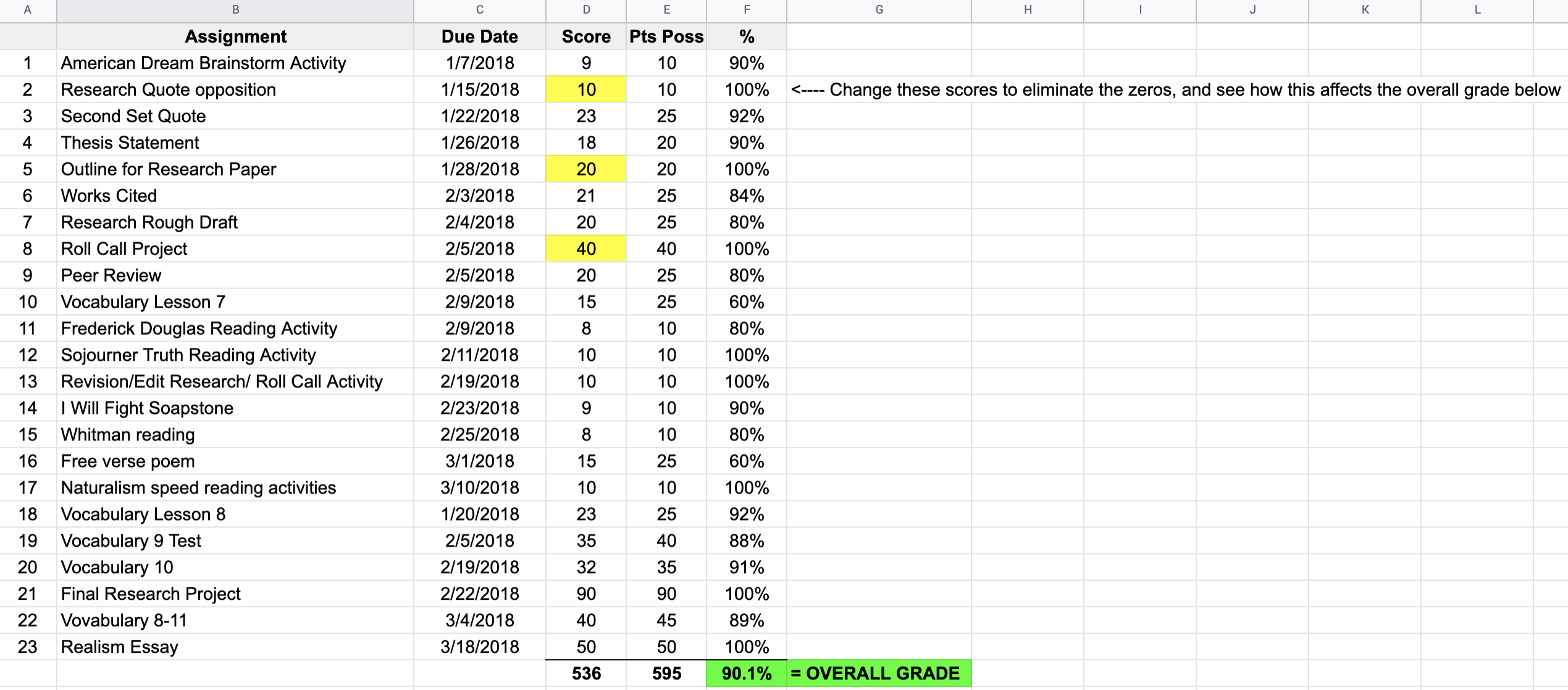With the end of the semester on the horizon, many students may feel overwhelmed by low grades or feeling behind in some of their classes.
As a parent, it can be stressful to see that your student has overdue work, or get notifications from their teacher that they’re missing assignments.
It’s even more frustrating when you’ve told them over and over again how important it is to “just turn it in”…but the work is still showing up as missing.
The reality is that no matter how simple it might seem to an outside observer, doing missing work is almost never as easy as “just getting it done.” If they haven’t done the work yet, there’s a good chance that something is getting in their way.
If you can figure out what the problem is before jumping in to help them (or make them) do the work, you’ll dramatically increase your chances of success.
In our experience, there are usually 3 main reasons students resist submitting their missing work…even when it seems like “just turning it in” would be SO much easier!
Reason 1: They think it won’t make a difference
Once the due date for an assignment has passed, students often de-prioritize it and move on to focus on upcoming assignments instead. It’s tempting for students to justify this by thinking “there are lots of other assignments, missing one or two won’t matter.”
But what they often don’t realize is that because of the way most grading scales are weighted, even one or two zeros can have an enormous impact on their grade. Showing students the difference it makes to turn in just a few assignments can increase their motivation to get the work done.
Here’s an example of the difference it can make to turn in just a few missing assignments before the end of the semester:

Overall grade with 3 missing assignments: 78.3%

Overall grade when assignments are turned in: 90.1%
It’s hard for students to calculate these averages in their head, so it can be really powerful for them to run the numbers and see firsthand exactly how much they have to gain from making up their missing assignments.
When we do calculations like this with our students, they are almost always surprised by how much this makeup work could improve their grades, and feel much more motivated to submit the assignments when they can see for themselves the difference it will make.
Reason 2: They think it’s too late
Another reason students often resist doing makeup work is that they think it’s too late to get credit for it.
Even if they’ve done the math and know that submitting the work would make a difference in their grade, they still won’t want to turn it in if they think the teacher won’t accept it.
Especially for introverted or anxious students, it can be very intimidating to have conversations with their teachers. They might think they’ll get in trouble for asking to submit their work late, or worry that the teacher will say “no.”
The good news is that many teachers are flexible with their late work policies and allow students to turn in overdue assignments even when it is past the “official” deadline to submit them.
So if students can find the courage to ask for help, there is a good chance that their teachers will respond positively and allow them an opportunity to make up the work.
For students who are struggling to reach out to teachers, we often find it is helpful to roleplay these conversations in coaching sessions if they’re not sure what to say, or work with them to email their teachers if they’re not sure what to say.
Reason 3: They feel overwhelmed
Students who are behind on their work often have challenges keeping track of due dates, managing time, breaking down complex assignments, prioritizing work, staying focused, or following through with plans….which is why they fell behind in the first place.
These challenges can become even more daunting when they are behind in their classes, and trying to complete makeup assignments on top of their normal workload.
This can feel so stressful that a lot of students avoid or put off doing makeup work even when they know how much it would improve their grade.

For these students to get their work submitted, it’s essential to help them find ways to…
- Break down the assignments so they have a realistic plan for getting the work done that they’re confident they can actually follow through with
- Lower the stress they feel while they are doing the work so they will be less tempted to avoid it
- Visualize the progress they are making so they can see that their efforts are making a difference
Providing support
When students have a lot of makeup work to complete, having some additional support to help them work through it can be invaluable.
For some students, this may mean finding a tutor to help them with the content they didn’t understand when their teacher was first presenting the material.
For other students, having a family member or friend nearby as a source of moral support to keep them company while they are working (and a motivating reward to look forward to as soon as the work is completed) can be enormously helpful.
Other students may benefit from working with an academic coach to help them get unstuck and started on their missing work. Sometimes, having someone else who is not a family member step in to help can reduce stress and conflict at home and make it easier for students to take the steps they need to get back on track in their classes. If you think this type of support would be helpful for your student, please feel free to reach out and we’ll be happy to help!

Join 11,000+ parents helping their students earn better grades with less stress!

About The Author
Dr. Maggie Wray is a certified ADHD Coach & Academic Life Coach with a Ph.D. in Neurobiology and Behavior from Cornell and a Bachelor’s degree in Astrophysics from Princeton. She founded Creating Positive Futures in 2012 to help high school and college students learn how to earn better grades with less stress. Her team of dedicated coaches is on a mission to empower students to develop the mindset, organization, time management, and study skills they need to achieve their goals.

